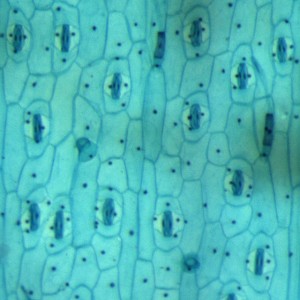FRIDAY, 30 APRIL 2010
Researchers from Florida have developed a new way of delivering protein replacements for treating diseases such as haemophilia, without triggering the body's immune response [1]. In this study, done on mice, the protein of interest was expressed inside plant cells and the oral delivery of the protein in this form resulted in no signs of allergic reaction.Current treatment of haemophilia relies on giving patients intravenous infusions of the protein that is normally missing in the sufferers (factor VIII in the case of haemophilia A and factor IX in the case of haemophilia B). While this treatment is effective, an immune response can occur against the proteins in some of the patients. This can cause an inhibition of the protein and an increased risk of bleeding-related illness and death, as well as possible life-threatening allergic reactions. An alternative drug delivery method that bypasses the immune reaction would therefore be of significant medical benefit.
Administrating the protein orally rather than intravenously has been previously discussed as a potential method to bypass the immune response. However, previous studies had problems producing a large enough quantity of the protein in a cost-effective way and in getting it to the correct part of the body. Here they have managed to overcome these difficulties.
The team used plants where the gene of interest had been inserted multiple times into the chloroplasts within the plant cells. These modified cells then produce the protein at very high levels. To increase the likelihood that the protein was absorbed and delivered to the body, the protein was modified so that it would bind to the intestine after ingestion of the plants.
The system was tested on a special strain of mice suffering from haemophilia B and the results are very promising. The delivery system seems to be safe over a range of doses and the drug was being correctly absorbed. Using chloroplasts and plant cells is a potentially powerful method of protein delivery for a range of illnesses and this study offers highly promising results.
Written by Jelena Aleksic

